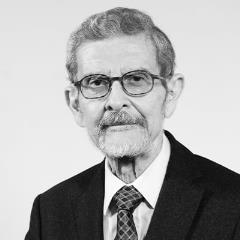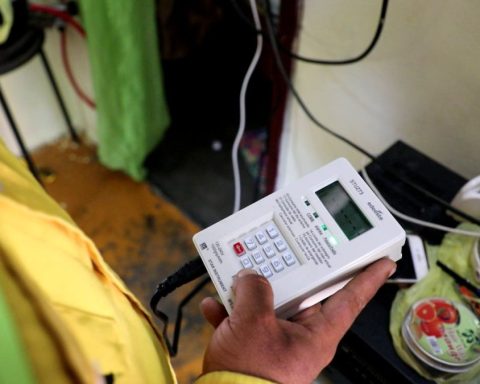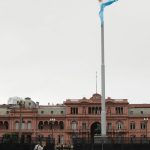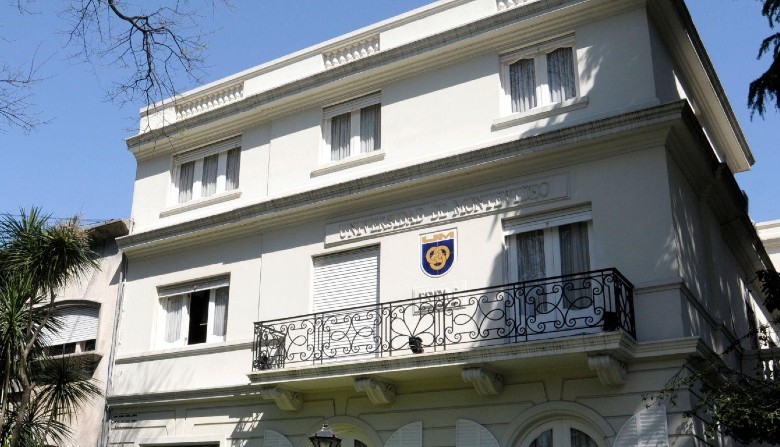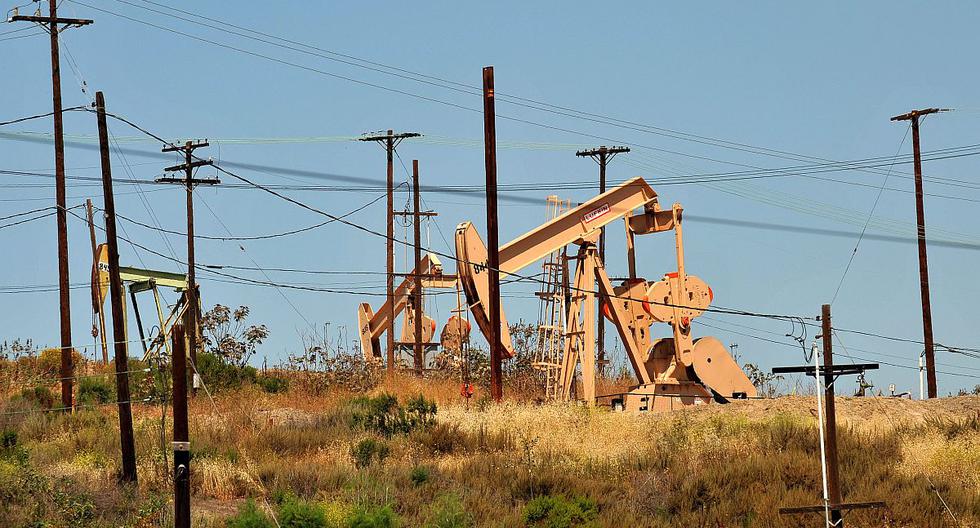Our ability to overcome overwhelming situations is remarkable. Already here the pandemic and Covid seem to be in the past, and not in the recent past but in the remote past. We have left behind masks, social distancing and vaccinations, as something whose usefulness has ended.
We have forgotten the precautions we took to avoid contagion. We return to our previous habits, to crowded gatherings and, in general, to the enjoyment of things that we appreciate. And even the attention that the media gave to the matter has changed, being relegated to occasional references outside the front pages of the news.
It is a capacity that derives from an optimistic perspective, in that what happened is behind us and will not affect us in the future. Moving on, in that sense, is a powerful aid to recovery and a return to normalcy. It would be detrimental if the memory of the problems persisted for a long time, conditioning our attitudes and expectations.
The signal came from the government, as it suspended entry requirements to public establishments and restrictions on the hours of activities. It was a sign that the vast majority of the population, fed up with the limitations that had been imposed on them, welcomed with enthusiasm.
But that behavior is not universal. It turns out to be a bit paradoxical that in Chinawhere the pandemic started, the attitude is radically different. The Chinese government has made the relentless fight against the virus a symbol of its concern for the health of the population. At the slightest hint of active cases, he does not hesitate to take drastic measures against the spread of the disease. The affected areas are quickly isolated, regardless of their size or the number of people affected, and a veritable army of doctors and nurses, equipped with equipment and mobile hospitals, descend on them, accompanied by military and security personnel.
